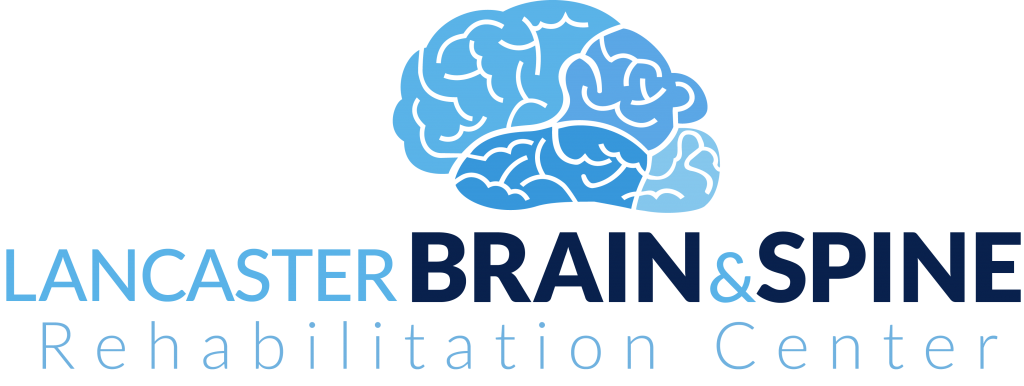Headaches are one of the most common neurological complaints—but they’re also some of the most misunderstood. At Lancaster Brain & Spine, we approach headaches not as isolated symptoms, but as signals—clues pointing toward deeper imbalances in the brain and nervous system.
Whether you’re living with migraines, tension headaches, or daily discomfort, our goal is to uncover the root cause and create a customized care plan that offers real, lasting relief.
What Is a Migraine, Really?
Contrary to popular belief, migraines aren’t just “bad headaches.” They are a complex neurological event often involving visual disturbances, nausea, sensory sensitivity, and changes in brain activity. While pain is a common symptom, migraines are fundamentally about how the brain misfires in response to triggers.
At our office, we frequently help patients experiencing vestibular migraines—a type of migraine that causes dizziness, vertigo, and balance issues, sometimes without any head pain at all.
Types of Headaches We See
There are many types of headaches, and understanding the differences is key to effective care. These include:
• Tension headaches from muscle strain, stress, or postural issues
• Cervicogenic headaches caused by misalignments or dysfunction in the neck
• TMJ-related headaches from jaw tension and improper bite mechanics
• Migraines triggered by light, sound, stress, or hormonal shifts
• Vestibular headaches that impact balance, coordination, and sensory processing

Modern Triggers You Might Not Realize
At our office, we see a growing number of patients affected by digital eye strain—a major contributor to headache frequency. Long hours in front of screens can fatigue your visual and vestibular systems, throwing off the delicate balance between your eyes, brain, and posture.
Other common triggers we assess include:
• Dehydration
• Poor sleep quality
• Chronic stress
• Undiagnosed neck misalignment or instability
Because the nervous system doesn’t work in isolation, we look at how all these pieces interact to contribute to headache frequency and intensity.
Our Approach to Headache Therapy
Instead of relying solely on medication, the team at our office uses a functional neurology approach—targeting the brain and nervous system directly.
Therapies may include:
• Postural and cervical assessments to address neck and spine contributions
• Vestibular and visual rehab for sensory balance and screen-related fatigue
• TMJ release and jaw retraining when jaw tension is a factor
• Neurological exercises tailored to how your brain processes input
• Lifestyle coaching to manage triggers like sleep, hydration, and stress
Each treatment plan is individualized, because no two brains (or headaches) are the same.
You Don’t Have to Live With Headaches
If you’ve been told your headaches are “just stress” or “something you’ll have to manage forever,” we invite you to take a different path. At our office, we work to find the why behind your symptoms—and guide you toward real change.
Located in Lancaster, PA | Functional Neurology & Chiropractic Care
Book your consultation today and start your healing journey.





